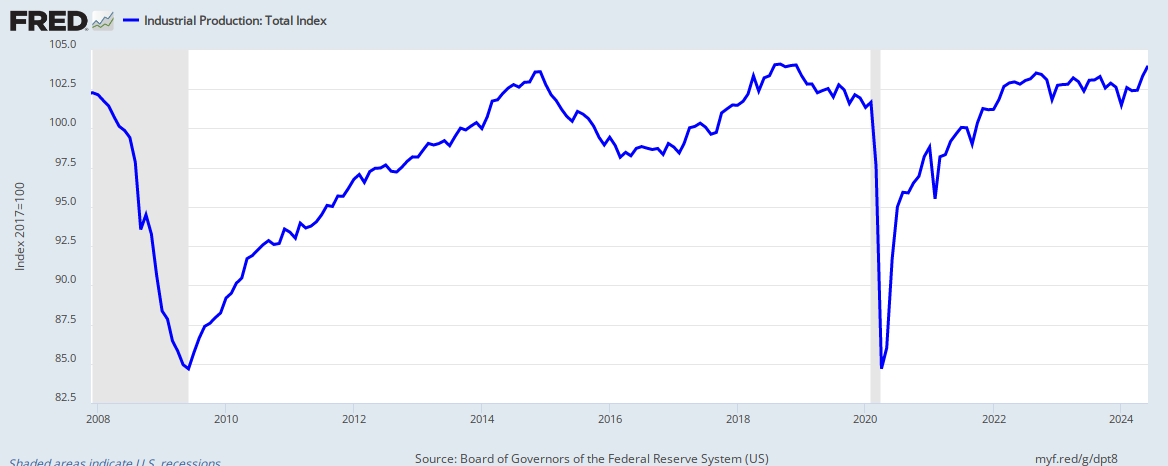- Joined
- Dec 15, 2008
- Messages
- 1,018
- Reaction score
- 559
It's still coming. I believe I said I don't know exactly when, and you can't know exactly when, but it's pretty inevitable.
If you're arguing that at some point in the future history of the stock market, there will be a 15% correction, then almost by definition you are correct. However, as mman already pointed out, given that you have no clue as to when that will actually be, your prediction is utterly ridiculous.
I will argue even further that while you miss the current gains waiting for your drop, you are just as likely to miss the upswing in the market once the market reaches what you think is bottom. Market research has demonstrated that investors are TERRIBLE at predicting market peaks and valleys and by trying to time the market, they miss out on significant gains in their portfolios.




